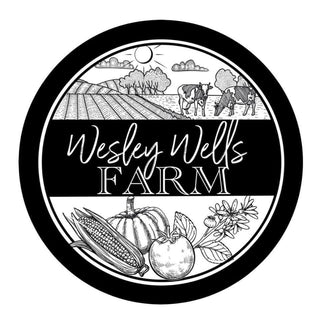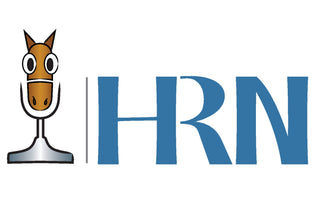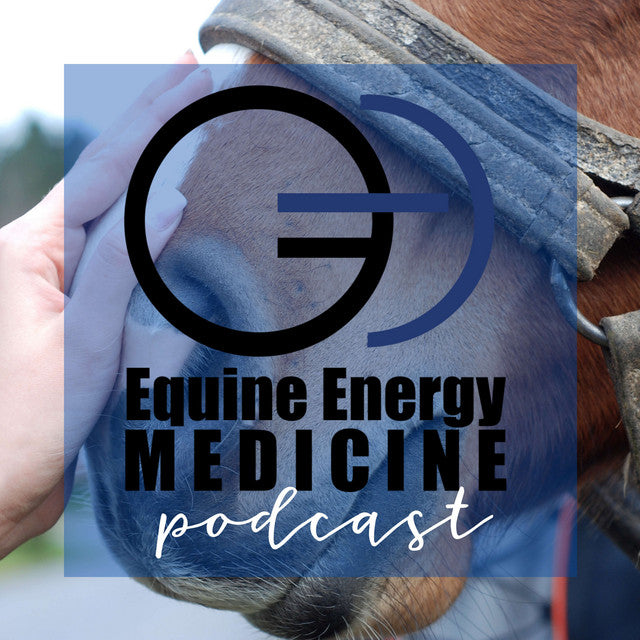The Ultimate Guide to Horse Blankets

As winter approaches, many horse owners face the age-old question: Should I blanket my horse?
While blanketing can offer protection against the cold, it’s essential to know when and how to blanket to ensure your horse’s comfort and health.
Not all horses need blankets, and over-blanketing can cause more harm than good.
This guide will walk you through the different types of horse blankets, how to choose the right one based on weight and fill, and when to blanket your horse—depending on their breed, climate, and individual needs.
Why Do Horses Need Blankets?
Horses are naturally equipped to handle various temperatures thanks to their thick winter coats. However, in certain climates or under specific conditions, a blanket can offer additional warmth and protection from the elements.
Blanketing helps maintain a horse’s body heat, particularly in colder weather, rainy conditions, or if the horse is clipped or aged.
However, the decision to blanket isn’t always straightforward, and understanding your horse’s unique needs and environment is critical before you make a move.
Types of Horse Blankets
Horse blankets come in several types, each designed for different weather conditions and horse needs. Let’s take a look at the most common types:
Turnout Blankets
Turnout blankets are waterproof and designed to be used outdoors.
They offer protection from rain, wind, and snow, keeping your horse dry and warm.
These blankets are available in various weights and are ideal for horses that spend a lot of time outside during the colder months.
Stable Blankets
Stable blankets are designed for indoor use. They are not waterproof, so they should only be used when your horse is in the stable or sheltered from the elements.
Stable blankets help maintain warmth in cold barns and come in a variety of fills and weights.
Coolers
Coolers are lightweight blankets used after exercise or when your horse is wet. They help wick away moisture and keep your horse warm while drying off.
Coolers are ideal for use after bathing or riding in cold weather, ensuring your horse doesn't catch a chill, especially after a sweaty winter workout!
Sheets
Sheets are light, non-insulated blankets that provide minimal warmth. They are great for protecting your horse from wind or rain without adding extra heat, and they can also be used as a layer under a heavier blanket.
Fly Sheets
Fly sheets are lightweight mesh blankets designed to protect horses from flies and other insects.
Although they are primarily used in the summer, they can still be very relevant in warmer winter climates where insects just won’t go away.
Weights and Fills: Choosing the Right Warmth for Your Horse

Horse blankets come in different weights, which determine how much warmth they provide. The weight is often related to the blanket’s "fill" or insulation, measured in grams.
Lightweight Blankets (0g–100g)
These blankets provide minimal insulation and are often referred to as "rain sheets" or "lightweight turnouts." They’re ideal for horses that need protection from wind and rain but don’t require extra warmth, especially if they grow a thick winter coat or are located in milder climates.
Medium Weight Blankets (150g–300g)
Medium weight blankets offer moderate insulation and are perfect for horses that need extra warmth in chilly weather, typically in temperatures between 30°F and 50°F (-1°C to 10°C).
This weight is suitable for unclipped horses in cooler regions or lightly clipped horses that need moderate coverage.
Heavyweight Blankets (400g–600g)
Heavyweight blankets provide maximum warmth for very cold weather, often used when temperatures drop below 30°F (-1°C).
These blankets are ideal for clipped horses, older horses, or those that are particularly sensitive to the cold. They are also suitable in colder regions where winter temperatures frequently dip below freezing.
Note**Brands differ in what they call light, medium and heavy. Make sure you read the description to get the fill you want!
When Should You Blanket Your Horse?
The decision to blanket your horse should be based on several factors, including climate, your horse’s body condition, age, and whether they are clipped. Here’s a guide to help you make an informed decision:
Climate Considerations
- Mild Winters (Above 40°F/4°C): Horses with thick coats often won’t need a blanket unless it’s raining or particularly windy. A lightweight turnout sheet can protect from rain without adding unnecessary warmth. Horses who are acclimated to this weather often won’t need a blanket at all, especially if they have a run-in shed.
- Cool to Cold Winters (30°F–40°F / -1°C to 4°C): Horses may benefit from a medium weight turnout blanket, especially if they’re clipped or have difficulty maintaining body heat.
- Harsh Winters (Below 30°F/-1°C): In these conditions, a heavyweight blanket may be necessary, particularly for clipped, older, or leaner horses. If it’s especially windy or wet, ensure the blanket is waterproof and secure.
Body Condition
- Clipped Horses: Clipped horses lose their natural winter insulation, making blankets essential. Medium weight to heavyweight blankets will help maintain their body temperature during the winter months.
- Older Horses: Senior horses, especially those with difficulty maintaining weight, may need more warmth from a blanket, even in milder weather. Their slower metabolism and thinner coats can make them more susceptible to the cold.
- Underweight Horses: Horses that are underweight may need additional protection to help maintain their body heat, especially in colder climates.
Individual Horse Preferences

Some horses naturally tolerate cold better than others, even within the same breed or environment. Always observe your horse’s comfort level. A shivering horse is a clear sign they need more warmth, while a sweaty or fidgety horse may be too warm under their blanket.
If it’s snowing and you are unsure if you should blanket your horse, watch and see if the snow piles up on their back or melts. If it melts, they’re losing body heat. If they’re collecting inches on their back - they’re staying toasty warm internally! Check them routinely.
When Should You Avoid Blanketing?
In some cases, blanketing can do more harm than good. If the weather is mild and your horse has grown a thick winter coat, blanketing may cause them to overheat.
Here are a few instances where blanketing may not be necessary:
- Mild Climates: In areas where winter temperatures don’t fall below 40°F (4°C), most horses can regulate their own body temperature with a thick coat. Blanketing may trap heat and cause discomfort.
- Healthy Horses with Winter Coats: If your horse is in good condition, has access to shelter, and has grown a natural winter coat, they may not need a blanket, even in cooler weather. Their coat is designed to insulate and protect them from the cold.
- Overheating Risk: Horses can overheat quickly under a blanket that is too heavy for the weather conditions. Always monitor your horse’s temperature and adjust their blankets accordingly.
Is It Okay Not to Blanket a Horse in Winter?
Yes! Many horses do not need blankets, even in colder weather, as long as they have grown a winter coat and have access to shelter from wind and rain.
A healthy horse is fully capable of regulating its body temperature, and their natural coat provides excellent insulation.
However, there are exceptions to this rule.
Remember, horses that are clipped, older, sick, or underweight may need extra warmth during the colder months.
It’s important to assess your horse’s individual needs before deciding whether to blanket them.
Blanketing for Your Horse’s Comfort

As winter approaches, understanding when and how to blanket your horse is crucial for their comfort and well-being.
Factors such as climate, coat condition, age, and overall health all play a role in whether or not your horse needs a blanket.
Blanketing is not a one-size-fits-all solution. Monitor your horse regularly to adjust their blanket based on changing weather conditions and their individual needs!
















